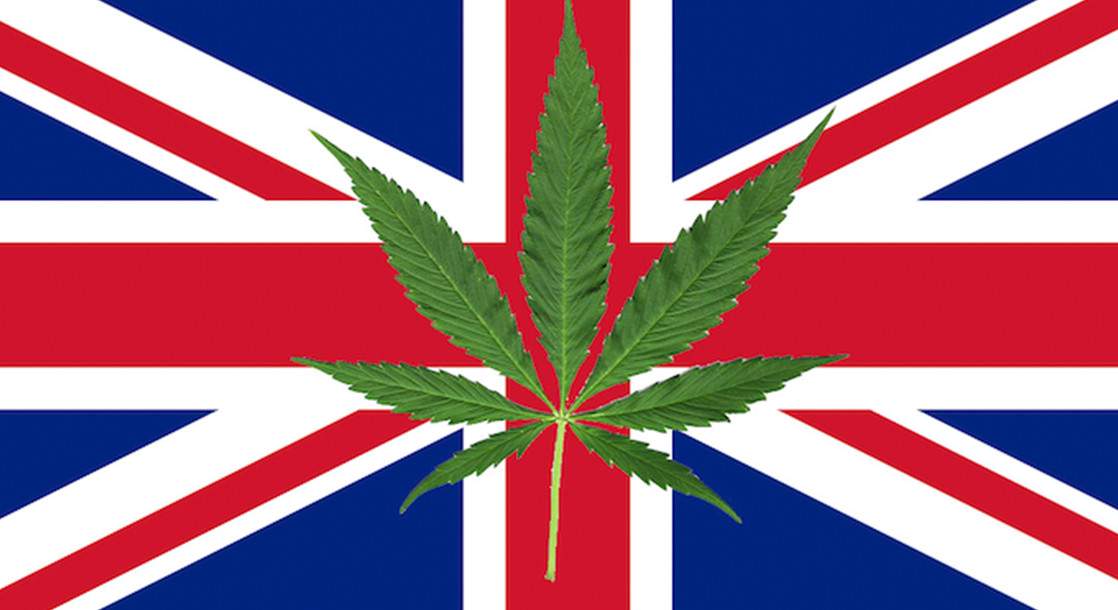As Colorado and Oregon legalize psilocybin mushrooms, UC Berkeley is accepting applications for the second cohort in its Center for the Science of Psychedelics. The recently formed institution is dedicated to psychedelic research, and to training professionals in the guiding of trips.
That’s an important goal, given that in states like Oregon — which officially legalized adult-use therapeutic mushrooms on January 1 — regulated use of the drug is restricted to clinical settings, and under the guidance of a trained psychedelics professional.
“For us, this is really a way to bridge the research and the practice, and that means professionalizing a field that doesn’t necessarily have agreed upon standards for quality, safety and ethical practices just yet,” associate director and faculty director Tina Trujillo told the reporter of a syndicated article for The Mercury News.
Importantly in a field often centered on the white experience, the program has prioritized Black, Indigenous, and people of color (BIPOC) participation. Trujillo told Berkeley News that 39% of the Center for the Science of Psychedelics’ first cohort was BIPOC.
The Center was founded in September 2020, and is located within UC Berkeley’s Helen Wills Neuroscience Institute. Currently, it offers a certification program to “professionals working in a variety of fields to include psychedelics in their work,” states its website. The Mercury News article identifies the program participants as having “backgrounds ranging from neuroscience to ministry, social warfare to nursing, and education to journalism.”
Psychedelic research is having a moment, typified by the 2021 announcement by the DEA that the agency will make available 1,500 more grams of psilocybin and 1,000 grams of psilocin to approved researchers. Regulated access to drugs has been a serious handicap to scientists wishing to study the benefits of psychedelics in the past. That same year, the National Institute of Health granted $4 million to Johns Hopkins Medicine to study psilocybin as a treatment for tobacco addiction.
Concurrently, medical mushrooms have been decriminalized or legalized in some capacity by Oregon, Colorado, Seattle, Washington DC, Oakland, and a plethora of other cities. A passel of states are now considering legislative initiatives that would decriminalize or legalize the drugs, including New York and Washington State.
Oregon led the way in 2020, when voters opted for a plan to make medical ketamine and mushrooms available in a clinical setting with a state-certified professional on hand to guide the way. The law did not regulate any retail sales of ‘shrooms, so for now you will have to go to a licensed facility to get a taste.
Colorado voters approved an initiative in November that legalizes certain uses of psilocybin and psilocin, and that will likely see the first regulated mushroom healing centers open at the beginning of 2024. And who will be staffing those healing centers? Likely, health professionals who have passed through a training program like that of Berkeley’s CSP—though Colorado will continue to hammer out the details of those requirements over the next year.
Happily, UC Berkeley is not the only institution of higher learning that is conducting high level training programs and research trials. On the CSP’s website, 15 other academic institutions from Duke University to programs at New York University and University of Ottawa are listed as other members of the “growing research and facilitator-training community.”
Follow Caitlin on Instagram, and catch her Spanish-language podcast Crónica on Spotify and Mixcloud.
Cover image via











